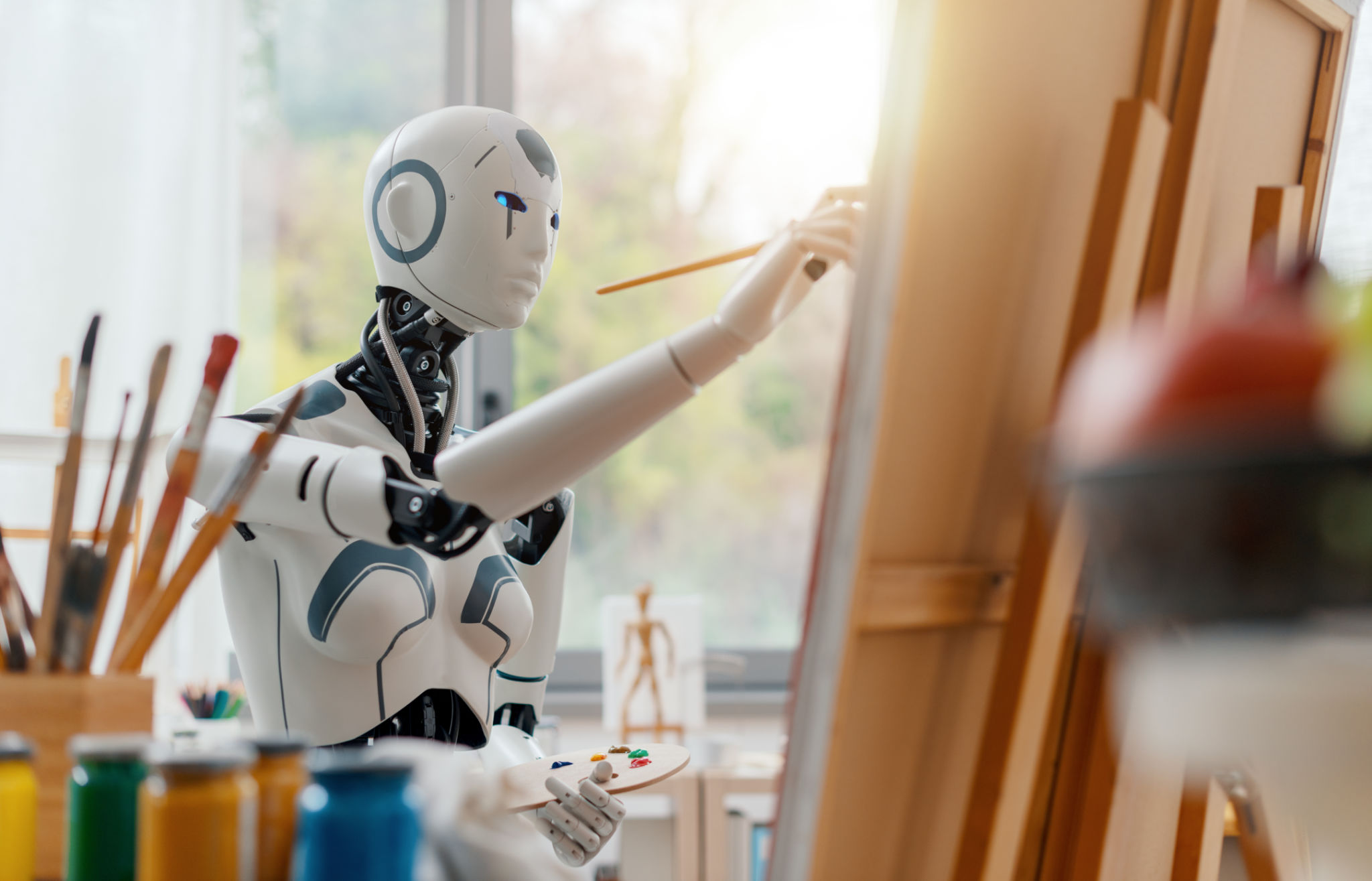Exploring the Latest Innovations in Digital Multimedia Arts
Introduction to Digital Multimedia Arts
In recent years, the field of digital multimedia arts has undergone a significant transformation. With rapid advancements in technology, artists and creators now have access to a plethora of innovative tools and platforms. These developments are not only enhancing creativity but are also reshaping the way art is produced, shared, and experienced. In this blog post, we'll explore some of the latest innovations that are driving this exciting field forward.
Virtual Reality and Augmented Reality
Virtual Reality (VR) and Augmented Reality (AR) have opened up new dimensions in digital multimedia arts. These technologies allow artists to create immersive experiences that engage audiences like never before. By blending the physical and digital worlds, VR and AR offer interactive storytelling possibilities that were once unimaginable. From virtual art galleries to augmented reality sculptures, the possibilities are endless.

Artists are leveraging VR and AR to push the boundaries of traditional art forms. For instance, VR installations can transport viewers into entirely new environments, offering a sense of presence and interaction. Similarly, AR can overlay digital content onto real-world settings, enhancing public art installations and exhibitions with dynamic visuals and information.
AI-Driven Creativity
Artificial Intelligence (AI) is revolutionizing the creative process in digital multimedia arts. By using algorithms and machine learning, artists can generate unique artworks that blend human creativity with computational power. AI tools can assist in everything from generating music and visual art to creating complex animations.
One of the most intriguing applications of AI in art is its ability to analyze vast datasets to identify trends and patterns, offering artists new insights and inspiration. Additionally, AI can automate repetitive tasks, allowing creators to focus on the more nuanced aspects of their work.

3D Printing and Digital Sculpting
3D printing technology has made significant strides, enabling artists to bring their digital creations into the physical world with unprecedented precision. Coupled with digital sculpting software, artists can design intricate models that can be printed in various materials, from plastics to metals. This innovation bridges the gap between digital design and tangible art forms.
Artists are using 3D printing to produce everything from intricate jewelry designs to large-scale sculptures. The ability to create physical objects from digital files not only expands artistic possibilities but also allows for more sustainable production methods by reducing waste and material usage.

Interactive Installations
Interactive installations have become a staple in the world of digital multimedia arts, offering audiences a hands-on experience with art. These installations often use sensors, cameras, and other technologies to respond to viewer inputs, creating a dynamic interaction between the artwork and its audience.
This approach fosters a deeper connection between art and its audience by encouraging participation and engagement. From large-scale public installations to intimate gallery pieces, interactive art invites viewers to become part of the creative process.
Conclusion
The innovations in digital multimedia arts are transforming how we create and experience art. As technology continues to advance, artists will find even more ways to push boundaries and redefine what is possible. Whether through VR, AI, 3D printing, or interactive installations, the future of art is more exciting than ever.
As we continue to explore these innovations, it's clear that the fusion of technology and creativity will lead to groundbreaking developments in the world of art. The potential for new forms of expression is limitless, inviting both artists and audiences to embark on a journey of discovery.